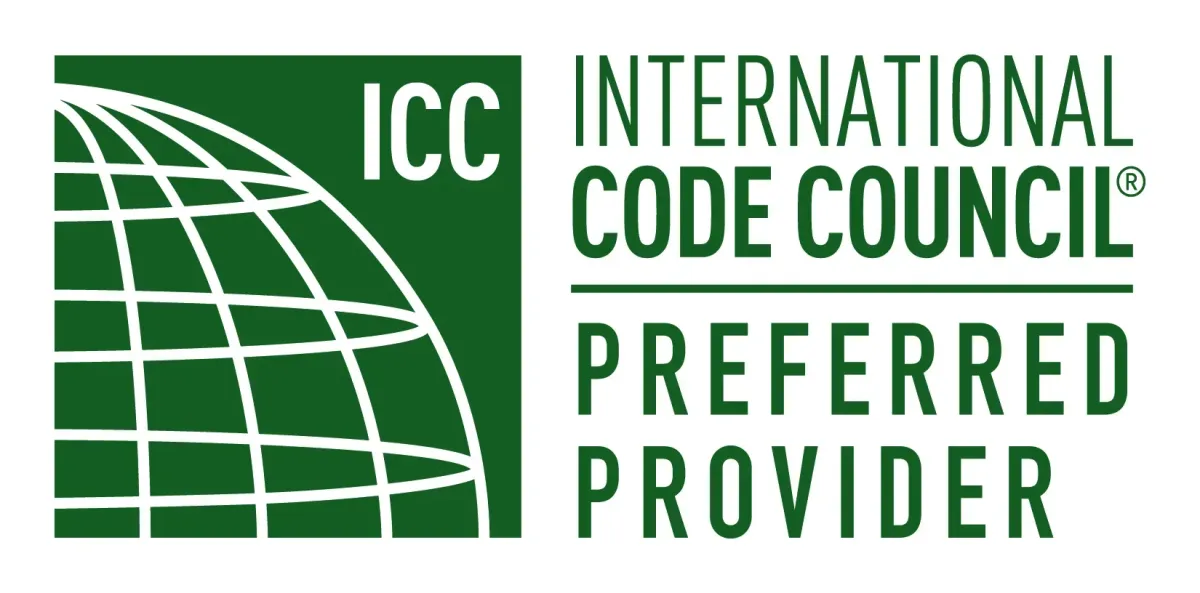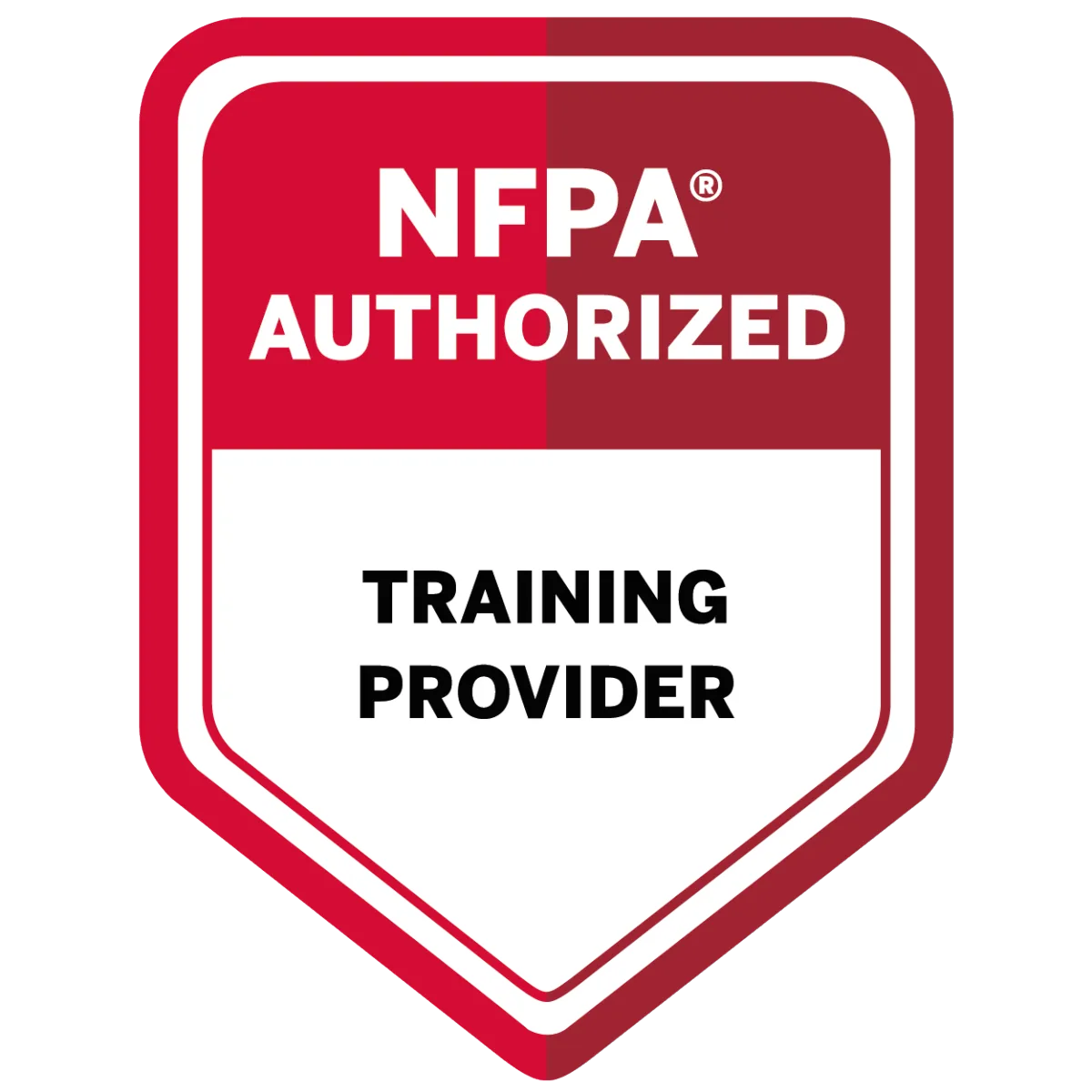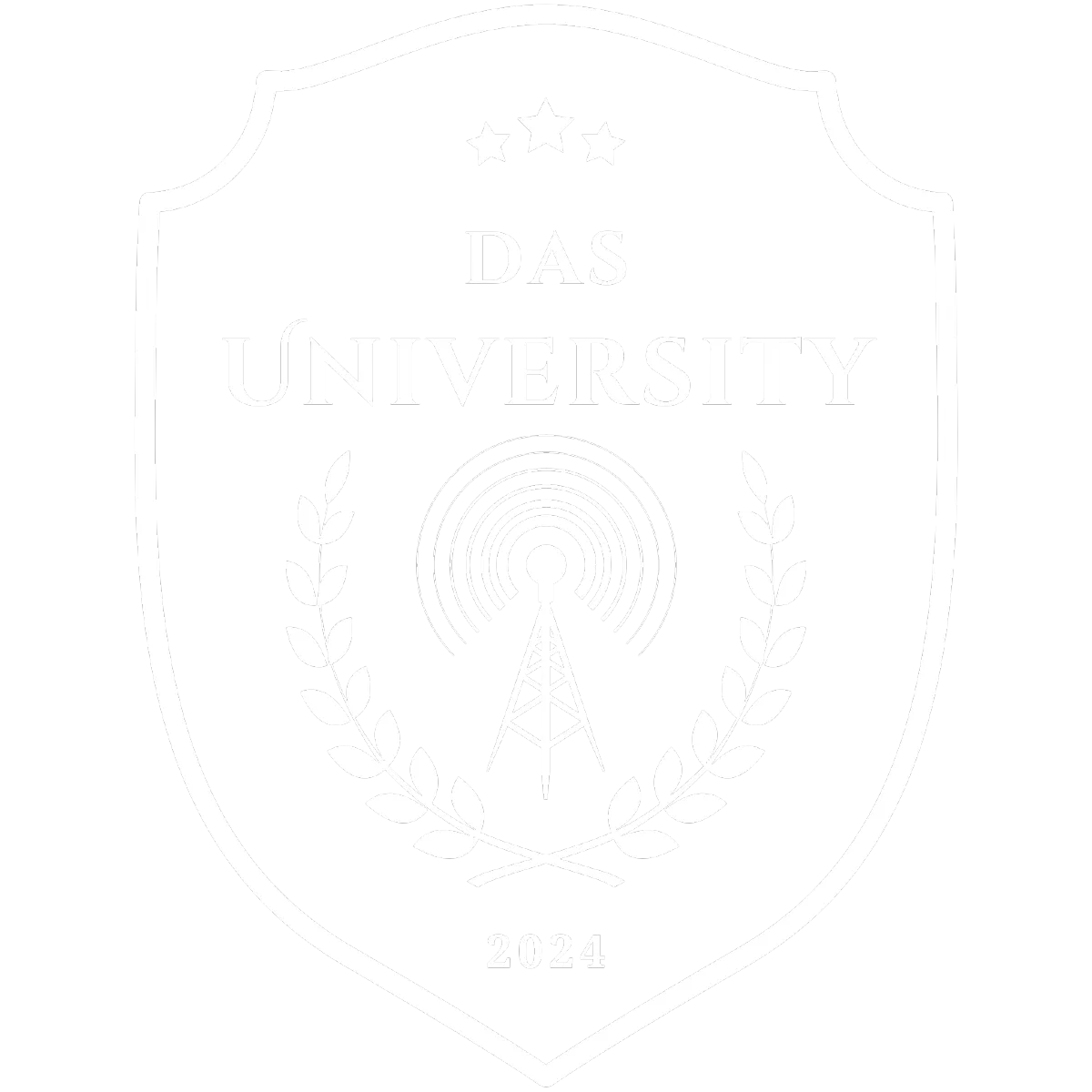WERE GOING ON TOUR!
JOIN THE DAS UNIVERSITY LIVE SUMMIT
2026 TRAINING CAMP TOUR
11 CAMPS NATION WIDE
Presented by GAMMA, BEST Ent. Mobili-fi and Industry Experts
Explore Our Unique Educational Platform
Join thousands of safety professionals, fire marshals, inspectors, integrators, and builders who are mastering the skills to install, certify, and inspect mission-critical in-building radio systems. With on-demand training, you can learn at your pace, apply it in the field, and start making buildings safer immediately.
Upgrade to our premium platform and gain the ability to earn DAS University training certificates and ICC continuing education credits for every hour of training completed. Whether you’re advancing your career, meeting code compliance requirements, or training your team, DAS University provides the recognition and real-world knowledge you need to lead with confidence.

Virtual Learning Environment
Step into our cutting-edge
virtual learning spaces, equipped with the latest tools and resources tailored for
DAS ERCES training. Experience live webinars, interactive certificate courses, and real-time collaboration with peers and instructors, ensuring an engaging and hands-on educational journey.

Professional Development
We train you on what matters: real installation standards, testing protocols, and life-saving communication system design. Our expert-led courses help you
earn DAS University training certificates, connect to job placement pipelines, and gain the confidence to lead projects with AHJs, architects, and public safety officials.

Global and Inclusive Community
Join a powerful network of safety-first professionals from across the country and around the world. With 24/7 access to our online campus, and a shared mission to protect lives, you’re never learning alone. DAS University is your community for growth, connection, and career elevation.
AUTHORIZED TRAINING PARTNERS OF THE BELOW ORGANIZATIONS

Earn CEU credits for every course on our Premium platform


About DAS University
Pioneering the Future of Education
At DAS University, we are redefining the educational landscape by integrating state-of-the-art technology with personalized learning experiences. Our mission is to empower students globally with the skills and knowledge necessary to excel in the fast-growing fields of
Distributed Antenna Systems (DAS) and Emergency Responder Communication Enhancement Systems (ERCES).
Through a blend of expert-led training courses, real-world applications
, and a supportive community, we provide an unparalleled learning journey for professionals and beginners alike.
Whether you're pursuing ERCES training, exploring advanced DAS education, or preparing for real-world challenges, we ensure you’re equipped for success. Join DAS University and transform your potential into leadership in the industry.
Achieve Training Certificates at DAS University
Elevate your professional profile with our highly regarded
DAS and ERCES training courses. Designed to provide both foundational and advanced expertise, these programs prepare you for real-world challenges in the
DAS and in-building communications industry.
Gain cutting-edge knowledge, practical skills, and DAS University training credentials to advance your career in public safety communications, emergency responder technologies, and beyond.
Hands-on project submissions
Industry-recognized guest speakers
Collaboration with 30+ industry partners
Real-time system testing simulations
Access to exclusive ERCES webinars
Unlock Your Career Potential with DAS University Training Certificates
Our DAS and ERCES training certificates document your completion—they open doors to new professional opportunities in the growing field of in-building communication systems.
Our training program participants develop practical skills for the industry, DAS University powered by Gamma is your gateway to professional growth and success. Whether you’re aiming for job placements, advanced career counseling, or building connections within a robust network of industry leaders, our programs are designed for your advancement.
Sign up now for FREE and start your journey toward professional excellence with DAS University!

Key Considerations for Deploying DAS in Healthcare Facilities
Healthcare facilities are environments where reliable wireless communication is essential for patient care, staff coordination, and emergency response. Deploying a Distributed Antenna System (DAS) in these facilities presents unique challenges and opportunities. At DAS University, we focus on educating professionals on the critical aspects of DAS deployment in healthcare settings to ensure robust and reliable communication. This blog post explores key considerations for deploying DAS in healthcare facilities, highlighting the importance of seamless communication in these critical environments.
Importance of DAS in Healthcare Facilities
Reliable Communication for Medical Staff
Coordination and Efficiency: DAS ensures that doctors, nurses, and support staff can communicate effectively, enhancing coordination and efficiency in patient care.
Emergency Response: In emergencies, reliable communication is vital for quick and effective response, ensuring patient safety and timely medical intervention.
Support for Advanced Medical Technologies
IoT and Medical Devices: Modern healthcare facilities rely on Internet of Things (IoT) devices and advanced medical technologies that require robust wireless connectivity. DAS provides the necessary infrastructure to support these devices.
Telemedicine: DAS supports telemedicine applications, enabling remote consultations and diagnostics, which are increasingly important in modern healthcare.
Patient and Visitor Connectivity
Enhanced Experience: Providing reliable wireless connectivity enhances the patient and visitor experience, allowing them to stay connected with family and access online resources during their stay.
Key Considerations for DAS Deployment
Comprehensive Site Survey
Assessment of Needs: Conduct a thorough site survey to understand the specific communication needs of the healthcare facility. Identify areas with weak or no signal coverage, potential interference sources, and critical communication zones.
Customized Design: Use the survey data to design a customized DAS solution that addresses the unique requirements of the facility, ensuring comprehensive coverage and reliability.
Compliance with Healthcare Regulations
HIPAA Compliance: Ensure that the DAS deployment complies with the Health Insurance Portability and Accountability Act (HIPAA) regulations, protecting patient data and privacy.
Medical Device Interference: Consider the potential for DAS to interfere with sensitive medical equipment. Work with medical staff and equipment manufacturers to mitigate any risks.
Integration with Existing Systems
Compatibility: Ensure that the DAS is compatible with existing communication systems, such as public safety radios, Wi-Fi networks, and paging systems.
Seamless Integration: Integrate DAS with the facility’s IT infrastructure to ensure seamless communication and avoid disruption to existing services.
Design for Redundancy and Resilience
Redundant Pathways: Design the DAS with redundant pathways to ensure continuous operation in case of system failures. This is critical for maintaining communication during emergencies.
Backup Power: Implement backup power solutions, such as batteries or generators, to ensure the DAS remains operational during power outages.
Minimizing Interference
Shielding and Isolation: Use shielding and isolation techniques to minimize interference with medical devices and other sensitive equipment. Ensure that antennas and other DAS components are placed in locations that do not disrupt medical operations.
Frequency Coordination: Coordinate frequency usage to avoid conflicts with other wireless systems in the facility, ensuring clear and reliable communication.
Ongoing Monitoring and Maintenance
Real-Time Monitoring: Implement real-time monitoring tools to continuously track the performance of the DAS. This allows for prompt detection and resolution of any issues.
Regular Maintenance: Schedule regular maintenance and testing to ensure the DAS remains effective and reliable. Conduct periodic reviews to assess the system’s performance and make necessary upgrades.
Training and Education
Staff Training: Provide comprehensive training for medical staff on the use and benefits of the DAS. Ensure they understand how to use the system effectively in their daily operations and during emergencies.
Continuous Education: Offer ongoing education and support to keep staff updated on new features and best practices for using the DAS.
Case Study: DAS Deployment in a Large Hospital
A large metropolitan hospital faced significant communication challenges due to its complex layout and thick building materials. By conducting a thorough site survey and designing a customized DAS solution, the hospital was able to enhance its communication capabilities. The DAS provided reliable coverage throughout the facility, including critical areas such as operating rooms, emergency departments, and patient wards. The implementation included redundant pathways and backup power solutions to ensure continuous operation during emergencies. Regular monitoring and maintenance ensured the system remained effective, and staff training maximized its benefits. As a result, the hospital improved its operational efficiency, patient care, and emergency response capabilities.
Conclusion
Deploying a Distributed Antenna System (DAS) in healthcare facilities is essential for ensuring reliable communication, supporting advanced medical technologies, and enhancing patient care. By considering factors such as comprehensive site surveys, regulatory compliance, integration with existing systems, and ongoing maintenance, healthcare facilities can implement effective DAS solutions that meet their unique needs. At DAS University, we are dedicated to educating professionals on the critical aspects of DAS deployment in healthcare settings, preparing them to create robust communication infrastructures that support the demands of modern healthcare. Join us to learn more about enhancing connectivity in healthcare facilities and become a leader in this specialized field.
Hear Directly from Our Students: Real Stories, Real Success
Discover the impact of DAS University through the voices of our students. From groundbreaking education to career breakthroughs, our learners share their journeys and the transformative experiences they've encountered.

DAS University not only taught me the technical skills needed for advanced DAS systems but also how to apply them effectively in real-world scenarios. The network I’ve built through the university’s alumni connections has opened up numerous opportunities for collaboration and growth.

Raj Patel

The DAS training certificate has been beneficial for my career. The practical knowledge and hands-on training I received have allowed me to transition into a higher role within my company. The support and expert advice from faculty were invaluable.

Emily Nguyen

Enrolling at DAS University was one of the best decisions I've made for my professional development. The interactive courses and live sessions with industry experts have greatly enhanced my understanding and confidence in handling complex projects in my field.

Albert Dubois
Start Your Journey at DAS University Today
Embark on a transformative path of discovery and professional growth with our cutting-edge
DAS and ERCES training courses and a vibrant academic community. At DAS University, we provide the tools, resources, and industry connections to help you not just meet but exceed your career aspirations in the fields of
Distributed Antenna Systems (DAS) and Emergency Responder Communication Enhancement Systems (ERCES).
Whether you’re aiming to gain DAS University training certificates, explore real-world applications, or network with industry professionals, DAS University is here to turn your potential into measurable success.
Our Latest Articles

Key Considerations for Deploying DAS in Healthcare Facilities
Healthcare facilities are environments where reliable wireless communication is essential for patient care, staff coordination, and emergency response. Deploying a Distributed Antenna System (DAS) in these facilities presents unique challenges and opportunities. At DAS University, we focus on educating professionals on the critical aspects of DAS deployment in healthcare settings to ensure robust and reliable communication. This blog post explores key considerations for deploying DAS in healthcare facilities, highlighting the importance of seamless communication in these critical environments.
Importance of DAS in Healthcare Facilities
Reliable Communication for Medical Staff
Coordination and Efficiency: DAS ensures that doctors, nurses, and support staff can communicate effectively, enhancing coordination and efficiency in patient care.
Emergency Response: In emergencies, reliable communication is vital for quick and effective response, ensuring patient safety and timely medical intervention.
Support for Advanced Medical Technologies
IoT and Medical Devices: Modern healthcare facilities rely on Internet of Things (IoT) devices and advanced medical technologies that require robust wireless connectivity. DAS provides the necessary infrastructure to support these devices.
Telemedicine: DAS supports telemedicine applications, enabling remote consultations and diagnostics, which are increasingly important in modern healthcare.
Patient and Visitor Connectivity
Enhanced Experience: Providing reliable wireless connectivity enhances the patient and visitor experience, allowing them to stay connected with family and access online resources during their stay.
Key Considerations for DAS Deployment
Comprehensive Site Survey
Assessment of Needs: Conduct a thorough site survey to understand the specific communication needs of the healthcare facility. Identify areas with weak or no signal coverage, potential interference sources, and critical communication zones.
Customized Design: Use the survey data to design a customized DAS solution that addresses the unique requirements of the facility, ensuring comprehensive coverage and reliability.
Compliance with Healthcare Regulations
HIPAA Compliance: Ensure that the DAS deployment complies with the Health Insurance Portability and Accountability Act (HIPAA) regulations, protecting patient data and privacy.
Medical Device Interference: Consider the potential for DAS to interfere with sensitive medical equipment. Work with medical staff and equipment manufacturers to mitigate any risks.
Integration with Existing Systems
Compatibility: Ensure that the DAS is compatible with existing communication systems, such as public safety radios, Wi-Fi networks, and paging systems.
Seamless Integration: Integrate DAS with the facility’s IT infrastructure to ensure seamless communication and avoid disruption to existing services.
Design for Redundancy and Resilience
Redundant Pathways: Design the DAS with redundant pathways to ensure continuous operation in case of system failures. This is critical for maintaining communication during emergencies.
Backup Power: Implement backup power solutions, such as batteries or generators, to ensure the DAS remains operational during power outages.
Minimizing Interference
Shielding and Isolation: Use shielding and isolation techniques to minimize interference with medical devices and other sensitive equipment. Ensure that antennas and other DAS components are placed in locations that do not disrupt medical operations.
Frequency Coordination: Coordinate frequency usage to avoid conflicts with other wireless systems in the facility, ensuring clear and reliable communication.
Ongoing Monitoring and Maintenance
Real-Time Monitoring: Implement real-time monitoring tools to continuously track the performance of the DAS. This allows for prompt detection and resolution of any issues.
Regular Maintenance: Schedule regular maintenance and testing to ensure the DAS remains effective and reliable. Conduct periodic reviews to assess the system’s performance and make necessary upgrades.
Training and Education
Staff Training: Provide comprehensive training for medical staff on the use and benefits of the DAS. Ensure they understand how to use the system effectively in their daily operations and during emergencies.
Continuous Education: Offer ongoing education and support to keep staff updated on new features and best practices for using the DAS.
Case Study: DAS Deployment in a Large Hospital
A large metropolitan hospital faced significant communication challenges due to its complex layout and thick building materials. By conducting a thorough site survey and designing a customized DAS solution, the hospital was able to enhance its communication capabilities. The DAS provided reliable coverage throughout the facility, including critical areas such as operating rooms, emergency departments, and patient wards. The implementation included redundant pathways and backup power solutions to ensure continuous operation during emergencies. Regular monitoring and maintenance ensured the system remained effective, and staff training maximized its benefits. As a result, the hospital improved its operational efficiency, patient care, and emergency response capabilities.
Conclusion
Deploying a Distributed Antenna System (DAS) in healthcare facilities is essential for ensuring reliable communication, supporting advanced medical technologies, and enhancing patient care. By considering factors such as comprehensive site surveys, regulatory compliance, integration with existing systems, and ongoing maintenance, healthcare facilities can implement effective DAS solutions that meet their unique needs. At DAS University, we are dedicated to educating professionals on the critical aspects of DAS deployment in healthcare settings, preparing them to create robust communication infrastructures that support the demands of modern healthcare. Join us to learn more about enhancing connectivity in healthcare facilities and become a leader in this specialized field.
Frequently Asked Questions
What makes DAS University different from traditional educational institutions?
DAS University combines expert-led courses, dynamic online interactions, and live events to create a comprehensive and interactive learning experience that goes beyond traditional classroom boundaries.
How does the subscription model work at DAS University?
Our subscription model offers unlimited access to all courses and resources on the platform, allowing students to learn at their own pace and according to their own schedules. Enjoy a FREE version and premium version
What types of courses does DAS University offer?
We offer a wide range of courses focused on Distributed Antenna Systems (DAS), including basics of radio frequency, system design, and emergency responder communication enhancement systems, among others.
Can I interact directly with instructors and guest speakers?
Yes, our platform includes real-time chat, discussion forums, and weekly live Zoom sessions where students can engage directly with instructors and industry experts.
What are the career opportunities after completing courses at DAS University?
Completing courses at DAS University can lead to various roles in the DAS industry, such as system integrator, radio technician, and various positions in emergency response, depending on the course.
How do I access the digital library?
The digital library is available through the Campus portal, where students can access research papers, case studies, e-books, and multimedia resources related to their courses.
What is included in the certification from DAS University?
Training certificates include your name, course title, completion date, unique certificate number, and document your completion of DAS University training programs
How can I participate in special interest groups and clubs?
Students can join various groups and clubs through the Campus portal, allowing them to connect with peers who share similar interests and professional goals. Premium Version only
Are there resources for hands-on learning in DAS University courses?
Yes, we provide simulation tools and virtual labs for hands-on experience, as well as gamified learning modules to make complex concepts more engaging. Only available in the Premium version.
What support is available if I encounter difficulties in my coursework?
The Feedback and Support Center offers direct access to faculty and technical support to assist with any course-related inquiries.
How does DAS University accommodate international students?
We offer 24/7 campus access and multilingual support to ensure that students from all time zones and linguistic backgrounds can fully participate.
What is the process for obtaining certification at DAS University?
To obtain a training certificate, students must complete all modules, pass the final assessment with a required minimum score, and actively participate in live sessions and forums. Only available in the Premium version.
Can I share my certification on professional networks?
Yes, upon completion, students receive both a physical training certificate and a digital badge that can be shared on LinkedIn and other professional networks. Only available in the Premium version.
What are the live webinar auditoriums used for?
The auditoriums host weekly live sessions with guest speakers and industry pofessionals, featuring interactive Q&A sessions and panel discussions.
What tools are available for career development at DAS University?
Our Career Center provides career counseling, resume workshops, job postings, and an alumni network for mentorship and professional connections. Only available in the Premium version.
How can I track my course progress and assessments?
The Certification Portal on our platform allows students to track their progress, assessments, and training certificate status.
What kind of assessments are used in DAS University courses?
Assessments include quizzes, assignments, project submissions, and a final examination to comprehensively test understanding and practical application.
How can I continue learning after completing my courses?
Certificate holders are encouraged to participate in advanced courses, seminars, and periodic refresher courses to keep their knowledge current.
Are there opportunities for networking within the DAS University community?
Yes, training certificate completion grants access to an alumni network, facilitating peer interactions, knowledge sharing, and networking opportunities. Only available in the Premium version.
How do I provide feedback on my learning experience?
Students can provide feedback through forums in the Feedback and Support Center, helping us to continually improve the campus experience.


